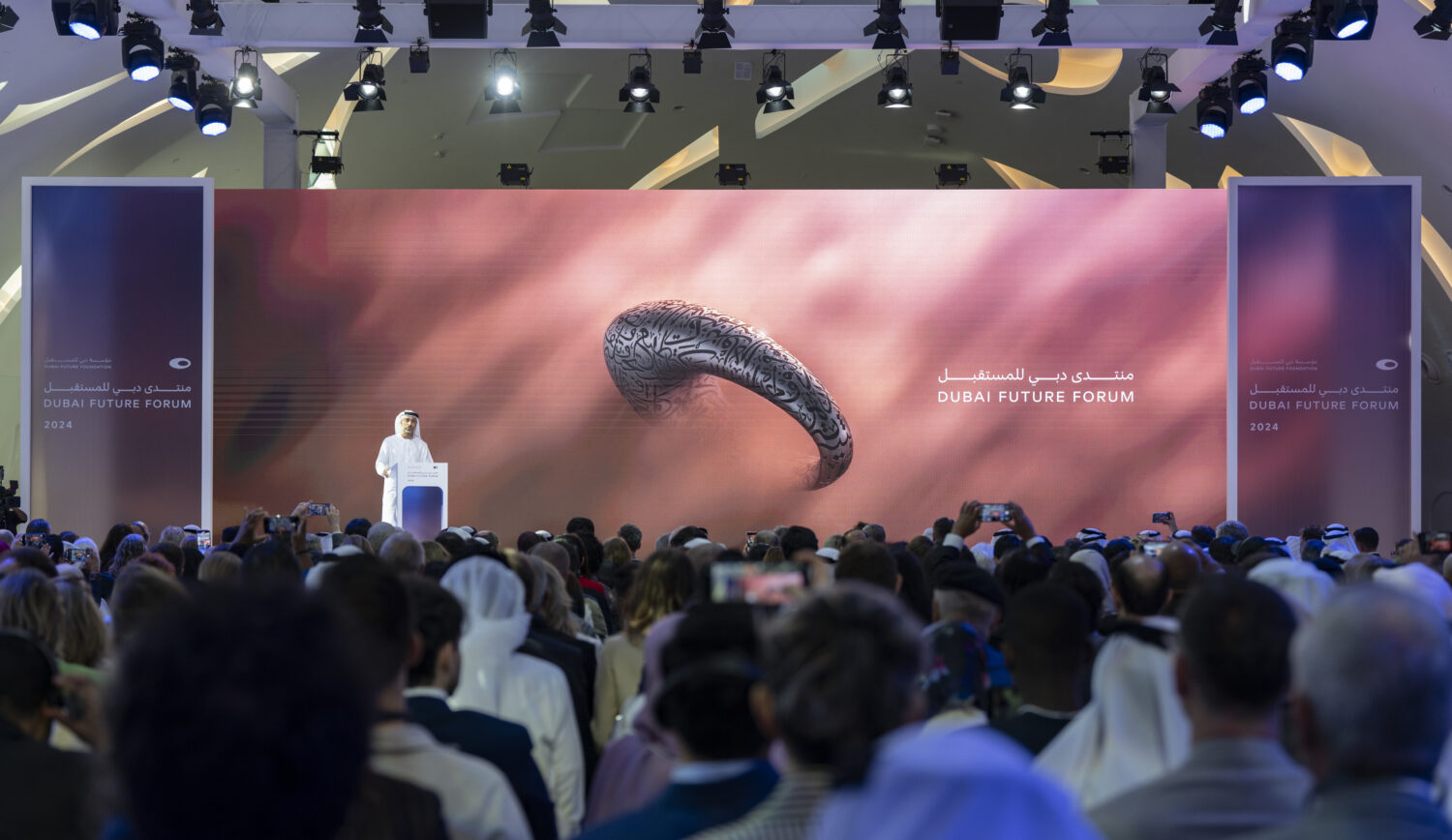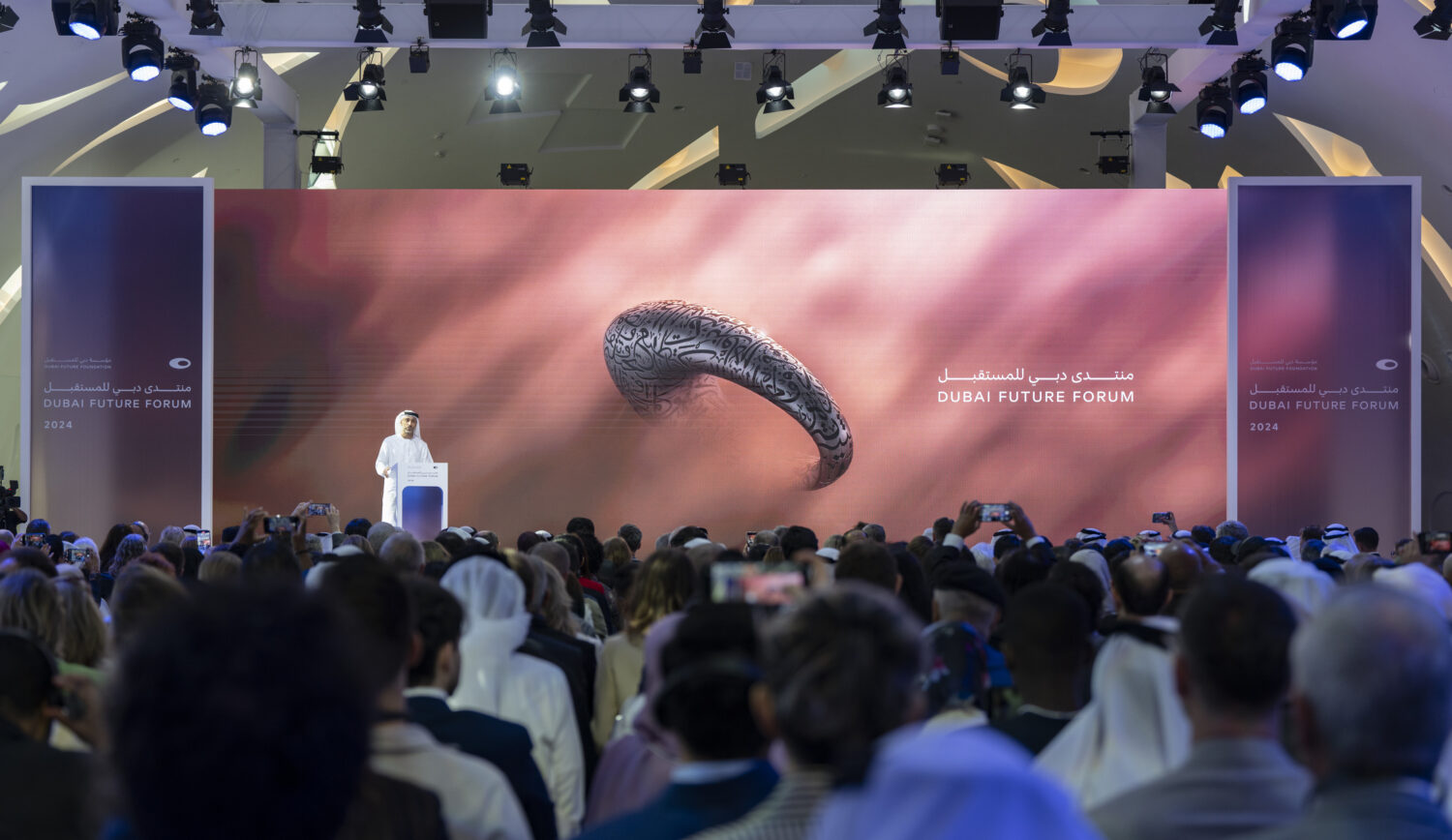Will humanity settle on the Moon? Will children be taught from home? Experts at the Forum predict revolutionary changes ahead that will transform the way people live, companies are managed and the universe is explored.
New framework for innovation
Innovation requires an adaptive framework, such as regulatory labs and sandbox systems, to foster technological progress while ensuring safety. “These systems and initiatives bring policymakers, entrepreneurs, and stakeholders together to collaborate and refine solutions,” explained Khalfan Belhoul, the CEO of Dubai Future Foundation, stressing the importance of fostering ecosystems that accelerate innovation while maintaining safety and scalability.The technology supercycle will reshape the world, change corporate roles
The current era is defined by a 'technology supercycle,' driven by three transformative technologies: artificial intelligence (AI), biotechnology, and advanced sensors. Over the next five years, these technologies are expected to profoundly reshape sectors and societies worldwide. For the first time in history, a Fortune 500 company might even be led by AI.“We’ve already seen the emergence of AI in executive roles,” Khalfan says. “Evolution will force us to rethink what it means to lead. So, next year, you might see a leader that is AI-driven, not a humanoid.”
The convergence of AI and biotechnology is set to revolutionize medicine and enhance mobility. This integration will drive breakthroughs in therapeutics, materials science, and climate solutions. Healthcare will become increasingly personalized, with the potential to create digital twins of individual bodies, enabling treatments precisely tailored to specific conditions. Health protection will also become more effective as advancements in epigenetics allow for the regulation of gene activity without altering DNA. Lastly, brain-wave-controlled software and hardware could empower individuals to achieve greater independence and mobility, transforming lives in unprecedented ways.


